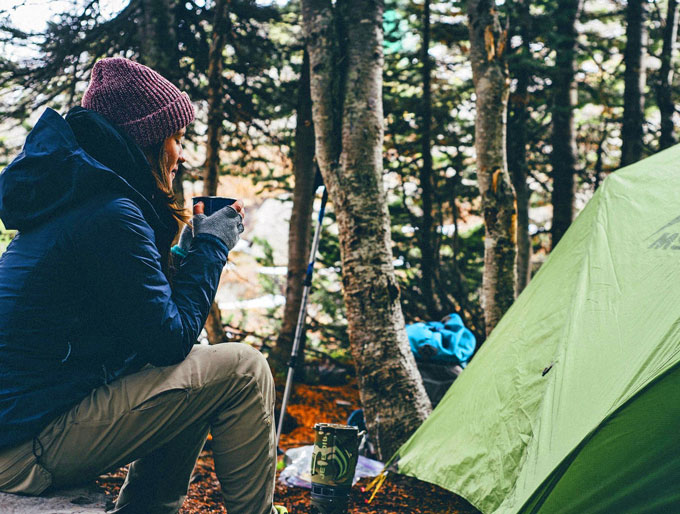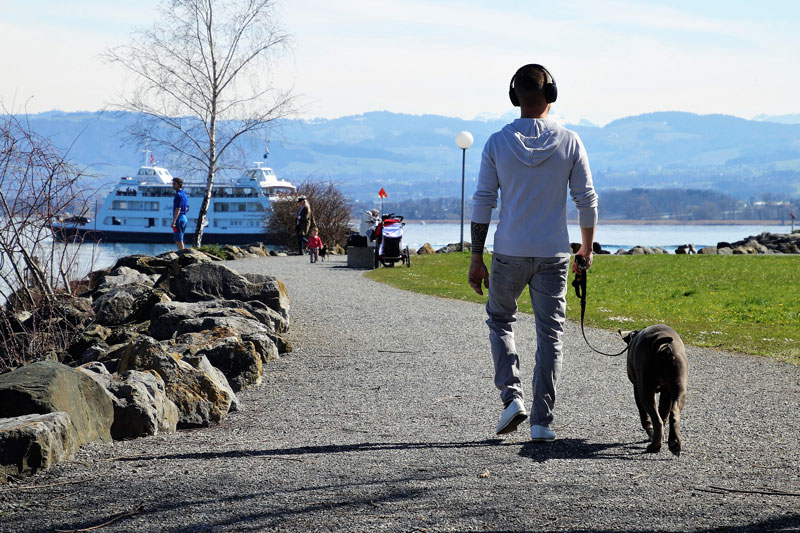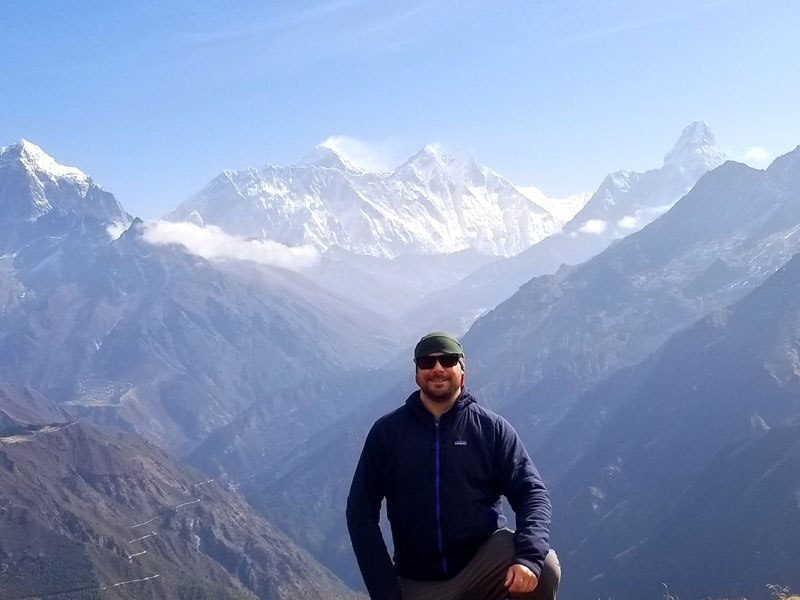
By Dave Keaveny
U.S. campgrounds received word they could open for the summer season.
The news is sparking veteran and novice campers to pack tents, backpacks, and sleeping bags for an outdoor adventure.
Outside interests – like individual or small group camping – have a lower risk of coronavirus exposure than indoor activities.
The acting homeland security undersecretary for science and technology said the virus “dies quickest in the presence of direct sunlight.”
And a recent study of 318 COVID-19 infections concluded that only a single case originated through outside exposure.
But safer doesn’t mean safe.
Individuals still need to dodge confined areas, crowds, and close contact to dramatically reduce the likelihood of contracting the virus.
Distancing yourself from others while camping is still recommended, especially if you – or anyone you come in contact with – has potentially been exposed in the preceding 14 days.
If you are preparing for a camping getaway, the following tips will make you and your campmates safer.
(An illness, accident, medical or security emergency abroad can ruin your trip and cost a fortune. As Global Rescue member, we will bring you to safety, provide medical care, bring you to your home hospital of choice, and much more. Courtesy of Global Rescue and Vimeo.)
Plan Ahead
Research, call, plan and call again to get the most up-to-date information.
Campground rules may change overnight and campers need to be aware of the latest restrictions, recommendations and rules — and how they are being enforced.
If possible, plan your excursion at a not-so-busy time, perhaps avoiding holiday weekends, and weekends all together – if possible.
Most of all, have patience. A lot of people are trying to get outside.
Have a back-up plan if the information or situation changes – such as the trailhead parking being full
Know the Common Areas
Campgrounds, tent sites, mountain summits, heavily trafficked trails, public restrooms, and picnic areas tend to be more densely populated and will increase the risk of community spread of COVID-19 if you come in close contact with others or share public facilities.
If there is a bathhouse or common area, ask how frequently it is being disinfected. You may want to consider bringing your own cleaning supplies.
Although you may be keeping yourself safe, not everyone is abiding by the rules.
Travelers should plan safety strategies for communal areas.
If you are visiting a wilderness area or remote site, remember that wilderness ethics such as Leave No Trace still apply.

Stay Local
Consider camping locally so you are familiar with the resources available and near medical services if needed.
Local camping also limits car travel and the number of stops along the way.
Those stops for gas, food, or bathroom breaks can put you and other campers in close contact with asymptomatic spreaders of the virus.
This is not the time for epic backpacking trips and bucket list excursions – even if they are in your home state.
Officials in many states, as well as search and rescue groups, are urging the public not to take unnecessary risks that may place individuals and first responders at higher risk.
Choose the Location
As restrictions ease, you will feel more comfortable looking outside your immediate community to a different state and different types of camping.
The National Park Service breaks down the types of camping available: backyard, close to home, in a car, with an RV, or in a remote area.

National parks are a great option for campers and you can check online to see which parks are open.
As of June 1, two thirds of the 419 units of the National Park System are open. Check online for reservation and permit requirements.
Keep in mind that while parks may be open, park buildings and restrooms may remain closed to limit exposure to the virus.
Roads for vehicles, trails or certain areas of the park may be closed as well. Plan ahead and verify regularly.
Many state parks and private campgrounds are in different phases of re-opening, check with your local state government for the up-to-date restrictions, regulations, and advice.
Essentials
Pack alcohol-based hand sanitizer (at least 60% ethanol alcohol or 70% isopropyl alcohol), soap and enough water to wash your hands at your campsite.
Bring a face covering — mask, bandana, scarf — to wear in public places.
Sign up for a travel protection services membership so you’ll have access to medical evacuation, travel intelligence and assistance services designed to assist and protect you when you are away from home.
Interstate Travel to Campsites
Each state has its own rules, regulations and safety requirements.
Changes may happen while you are traveling, so you’ll want to stay ahead of any restrictions, stay-at-home orders or mandated quarantines.
(Global Rescue has been a leader and pioneer in the travel services industry since our founding in 2004, providing the finest integrated medical, security, travel risk and crisis management services available anywhere, delivered by our teams of critical care paramedics, physicians, nurses and military special operations veterans. The company’s medical advisory and evacuation services include exclusive relationships with the Johns Hopkins Department of Emergency Medicine Division of Special Operations, Elite Medical Group and Partners HealthCare. Courtesy of Global Rescue and Vimeo.)
About the Author

David Keaveny is an Advanced EMT certified in Advanced Wilderness Life Support and a medical operations specialist for Global Rescue, the world’s leading provider of medical, security, evacuation and travel risk management services to enterprises, governments and individuals.
To Learn More, visit https://www.globalrescue.com/.
AST strives to meet a 3 STAR trustworthiness rating, based on the following criteria:
- Provides named sources
- Reported by more than one notable outlet
- Includes supporting video, direct statements, or photos

















